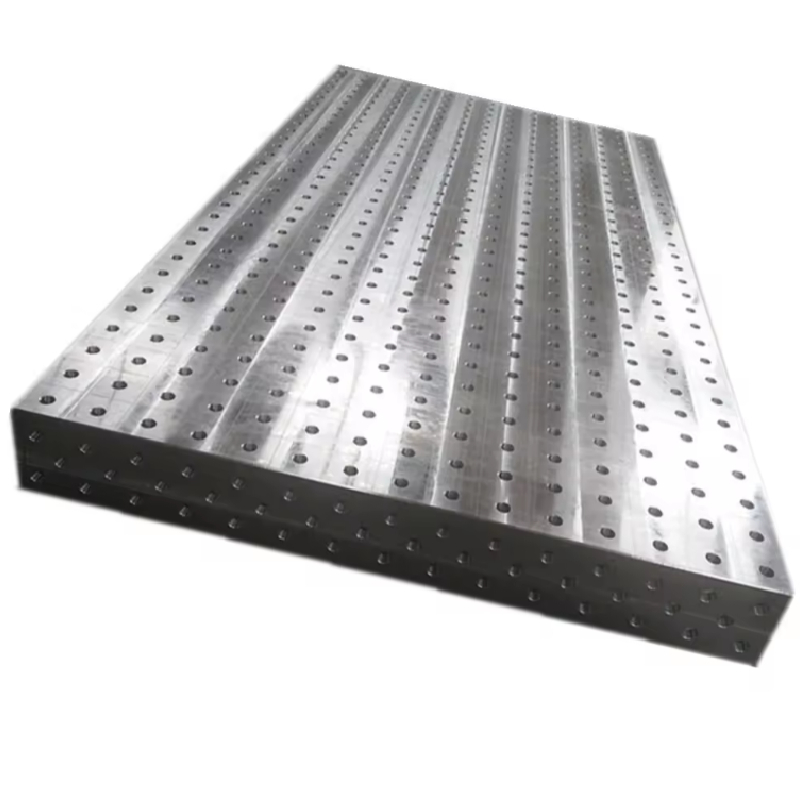Aug . 22, 2024 04:44 Back to list
Water valve issues preventing proper shut off and causing leaks in the system
Troubleshooting a Water Valve That Won't Shut Off
Dealing with plumbing issues can be a homeowner's nightmare, and one of the most frustrating problems one might encounter is a water valve that refuses to shut off. This situation can lead to water wastage, increased water bills, and potentially serious water damage if left unaddressed. Understanding why a water valve won’t shut off and knowing how to troubleshoot the issue can save time, money, and stress.
Common Causes
There are several reasons a water valve might not close properly. One common cause is mineral buildup. Over time, sediments from hard water can accumulate inside the valve, preventing it from sealing completely. This can create a continuous flow of water even when the valve appears to be in the “off” position.
Another potential issue is a faulty valve. Valves can wear out due to age, frequent usage, or manufacturing defects, leading to an inability to close properly. Rubber washers or O-rings, which create a watertight seal, may become brittle and damaged, further contributing to the leakage.
Finally, external factors such as high water pressure can also cause a valve to malfunction. If the water pressure within the system exceeds the valve's tolerances, it may struggle to close or might only close partially.
Initial Steps to Troubleshoot
If you find yourself in a situation where a water valve won’t shut off, the first step is to assess the problem. Check if the handle is functioning properly. If it feels loose or doesn’t turn smoothly, it might be indicative of an internal issue with the valve mechanism.
water valve won't shut off

Next, inspect the valve for visible signs of wear or damage. Look for any leaks, cracks, or corrosion around the valve body or fittings. If you suspect mineral buildup, you might be able to clean the valve by disassembling it and removing any deposits. However, always consult the manufacturer’s guidelines or a plumbing professional before attempting this, as improper handling can lead to further damage.
If the valve is not responding at all, the issue may lie deeper within your plumbing system. In such cases, it may be necessary to shut off the main water supply to your home to prevent flooding and manage the water flow until repairs can be made.
Temporary Solutions
While waiting for a professional to assess the situation, there are temporary measures you can take to mitigate the problem. If the valve is leaking significantly, placing a bucket or towel underneath can help contain the water. Additionally, reducing the water pressure can sometimes make the valve easier to manage; installing a pressure-regulating valve upstream may help if this is a recurring problem.
When to Call a Professional
After attempting basic troubleshooting, if the valve still won't shut off, it’s time to call a plumbing professional. Skilled plumbers have the experience and tools to diagnose and repair plumbing issues more effectively. They can determine if the valve needs to be replaced or if other underlying problems exist within your plumbing system.
In conclusion, a water valve that won’t shut off is a frustrating problem that requires immediate attention. By understanding common causes and taking proactive steps, homeowners can address the issue effectively. Whether through DIY troubleshooting or professional assistance, resolving the issue promptly can prevent further water damage and maintain your home's plumbing system in good working order.
-
Water Valve Gate Design Prevents Leakage and CorrosionNewsJul.11,2025
-
Steel Fab Table Features Reinforced Construction for LongevityNewsJul.11,2025
-
Specialized Valve Designs for High Pressure SystemsNewsJul.11,2025
-
Machinist Gauge Pins Feature Ground and Lapped FinishesNewsJul.11,2025
-
Hose Check Valve Prevents Backflow in Irrigation LinesNewsJul.11,2025
-
Durable Micrometer Tools Withstand Heavy Workshop UseNewsJul.11,2025
Related PRODUCTS









